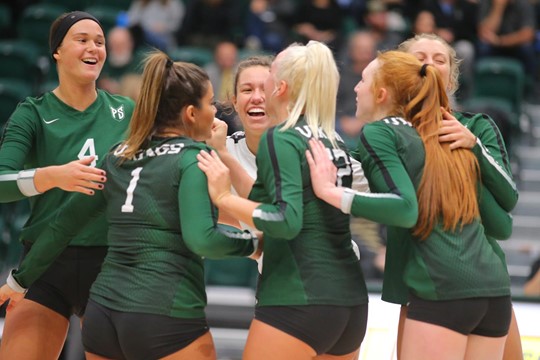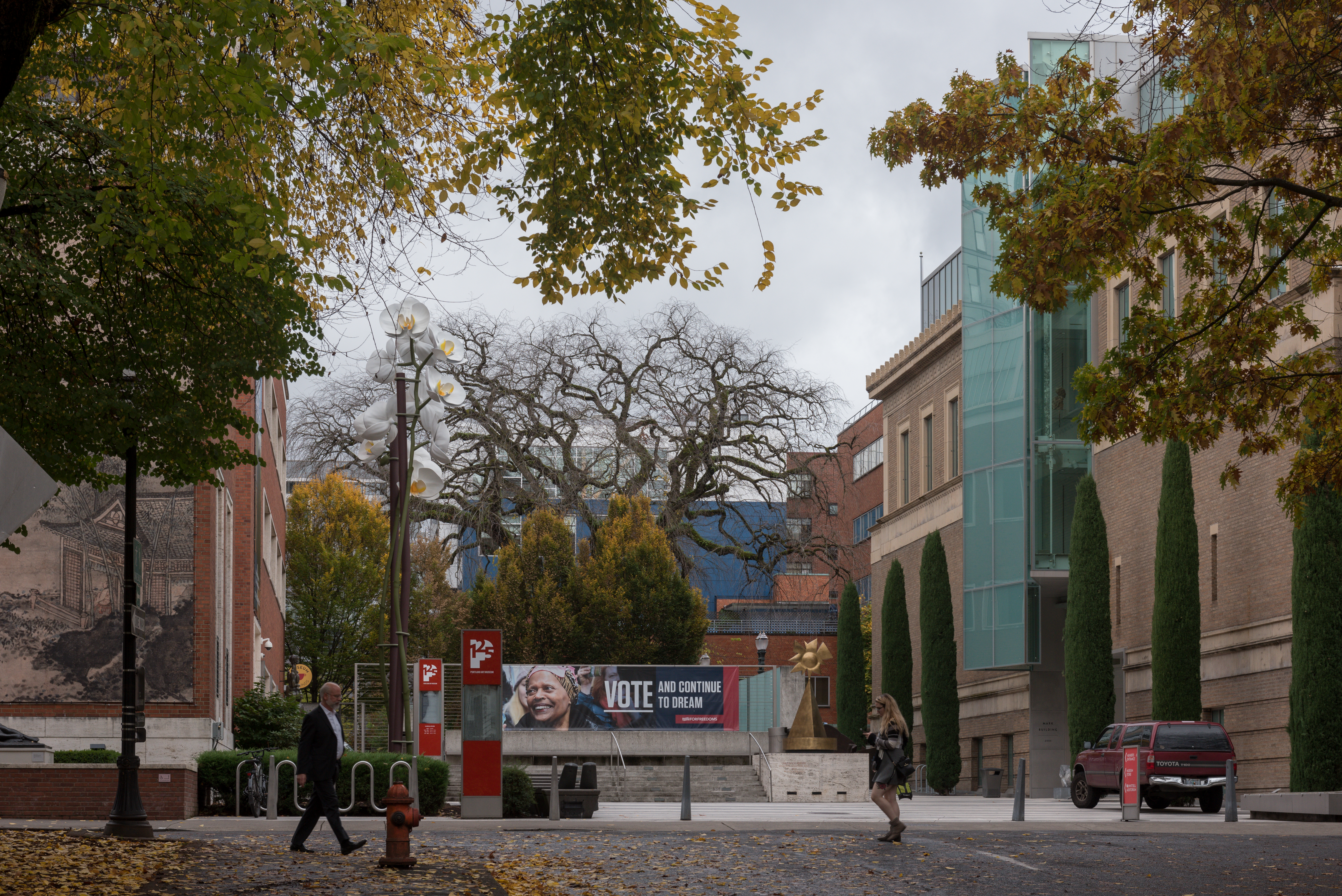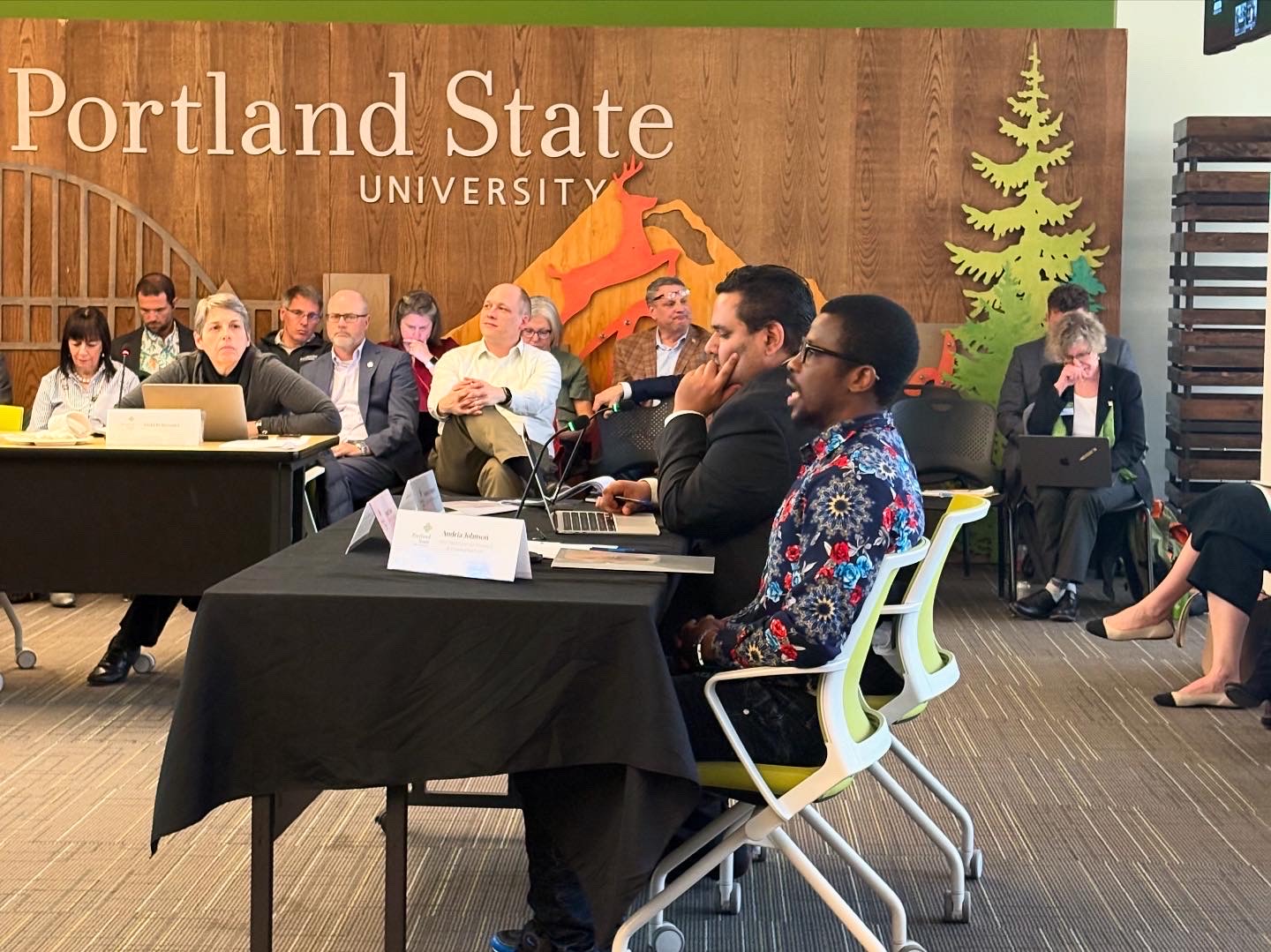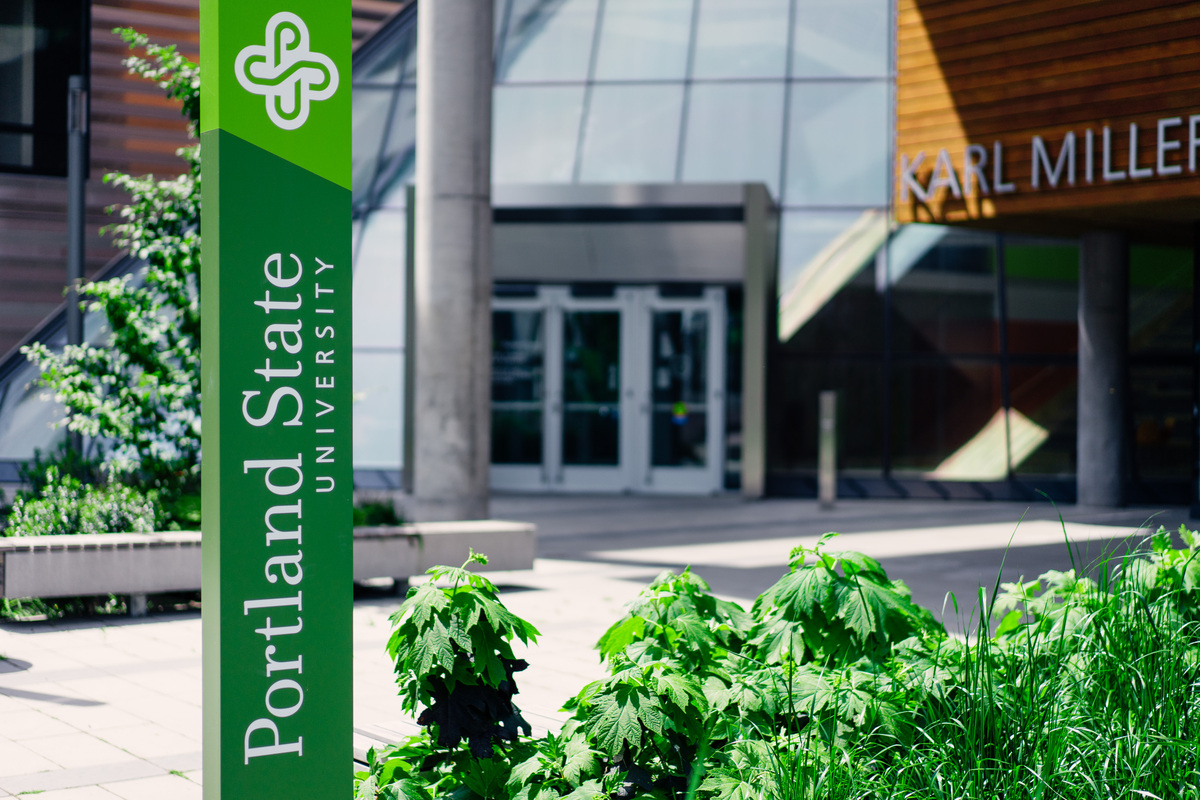Former Dean of the College of Liberal Arts and Sciences Karen Marrongelle issued a proposal in August 2017 to eliminate language programs in Ancient Greek, Swahili, Korean and Vietnamese by summer term 2019 in response to a budget deficit.
The world languages and literature department has the second largest enrollment in CLAS after mathematics and statistics.
In response to a memo from Marrongelle dated Aug. 29, 2017 concerning the proposed language cuts, Chair of the WLL Department Dr. Gina Greco issued five letters arguing against the curriculum changes.
“Maintaining a robust world languages program shows concrete institutional support for the university’s broader goals for internationalization,” Greco stated. “Cutting funding for world languages, particularly non-Indo-European ones, could be read as a move that runs counter to the university’s position on developing cultural competency.”
According to Professor of Greek Laurie Cosgriff, the WLL department does not stand alone in its disfavor with the decision. “Faculty members in art history, philosophy, history, and the Honors College, as well as the WLL department, strongly opposed the elimination of Ancient Greek from the curriculum,” Cosgriff stated in an email.
Cosgriff, whose program in Ancient Greek was taught on the Portland State campus for 19 years, also said not only was it a valuable program for students, but for faculty members who have taken her courses over the years as well. Cosgriff expressed the significance of this program for students studying the classics and relating disciplines.
“I view this as a very short-sighted decision,” Cosgriff said. “The way the decision was made is also disturbing…The dean had a shortfall in the budget that she had to make up, and rather than allow the WLL department to decide how to make cuts, she chose to abolish faculty positions.”
While eliminating Ancient Greek and Swahili was in direct response to departmental budget cuts, the decision to cut Turkish was a mutual decision between the dean and Professor of Turkish Pelin Basci, as she decided to transfer from the WLL department to the Honors College.
While Swahili, Ancient Greek, Turkish, Swedish and Vietnamese have the lowest student enrollment in the department, Swedish is paid for by outside grants. Additionally, Swedish alternates its language section every other year while the first and second year of Vietnamese are taught together in the same classroom. On average, by the second year of Swahili, Ancient Greek and Turkish, one to three students were enrolled per term per language.
“The curriculum has traditionally been within the purview of the faculty, not the administration, so the dean’s actions set a worrying precedent for the weakening of faculty governance,” Cosgriff said. In her time at PSU, Cosgriff has known budget shortfalls to go for cuts to the instructional budget instead of the administrative budget. However, the school’s priorities are readjusting.
Aisha Awo, community and public relations coordinator for the Pan-African Commons, expressed her distress for the Swahili program elimination and how this particular language represented a greater connection for the African diaspora. “Swahili is not just a language to me; it’s a lifestyle, a culture, a symbol of home away from home,” she said.
In Awo’s experience, she said Swahili was the only language she could connect to—especially since PSU is a predominantly white institution. Students who had not come from the African diaspora had also visibly enjoyed the enrichment that learning a new language and culture provided.
“Students have confided in me and told me that Swahili has been a language they favored and are disappointed with the decision,” Awo said. “I also think the fact students were not able to take part in this decision was quite insensitive and inconsiderate.”
Additionally, Awo lamented the elimination of the program for those who found Swahili as a reprieve from the cultural isolation they felt on campus.
According to the department’s mission, incorporating language—no matter what language— “plays a central role in preparing the students of Portland State University to function in the global community.”
Additionally, the professional benefits found for graduates who have studied language exceed their peers who have not. Bilingual candidates are paid higher—between 5–20 percent more per hour than base rates—and have honed important soft skills for the job market, including communication, leadership, strategic thinking and problem solving. These are critical for American businesses which, according to a report by the Committee for Economic Development, lose $2 billion annually due to language and cultural misunderstandings.
However, despite personal and monetary benefits, language study in the United States is in steep decline. A report by the Modern Language Association of America detailed how enrollments in languages at institutions of higher education declined by 9.2 percent between 2012–2016
“I don’t think that on our campus we’re being singled out because the administration doesn’t like language, but we are suffering absolutely from a national trend amongst students not to pursue language study, and it makes us an easy target in difficult budget times,” Greco said.






